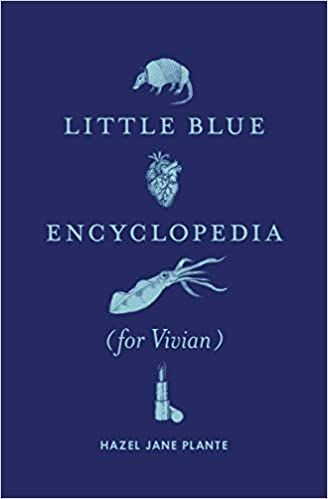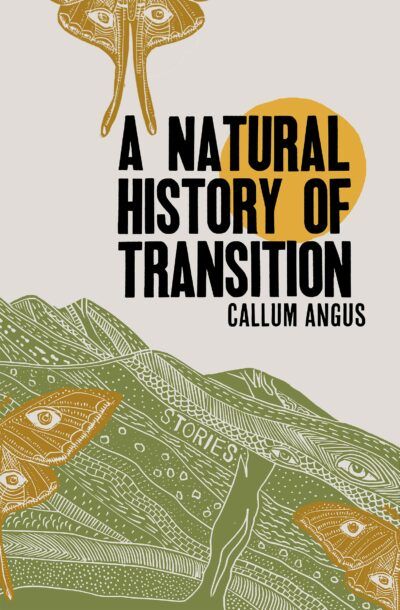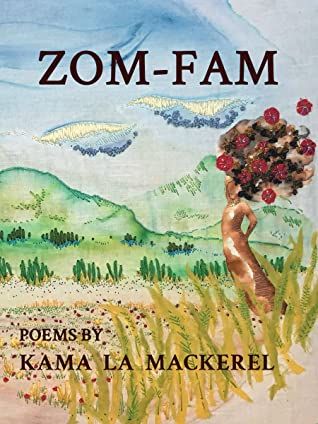Earlier this year, I fell in love with Metonymy Press. Metonymy is a small press based in Montreal; they publish queer and trans fiction and nonfiction. The tagline on their website reads: “We like to keep gay book lovers satisfied.” Well, they’re not only keeping this gay book lover satisfied — they are changing the way I think about reading.
I read my first Metonymy title last year: Fierce Femmes and Notorious Liars by Kai Cheng Thom. At the time I knew nothing about the press, and I can’t remember now where I heard about the book, but I loved it. Later that year, I bought another Metonymy title, Small Beauty by jia qing wilson-yang. I’d marked it as to-read at some point, but had trouble finding it at my library. I decided to purchase it because it sounded right up my alley, but I didn’t make the connection that it was another Metonymy title. It sat on my shelf, unread, for months.
Cut to 2021. On the recommendation of a fellow Rioter, I put in a library hold for yet another Metonymy title (still unbeknownst to me), Little Blue Encyclopedia (For Vivian) by Hazel Jane Plante. I read it in two sittings and haven’t been able to shut up about it since. I love this book with my whole heart; it’s funny and moving and sharp and creative, hands down one of my favorite novels of all time. A few weeks later, in an effort to read more books I already own, I finally picked up Small Beauty. It rocketed to the top of my best reads of the year list, and I’ve been raving about it to anyone who will listen.
This is when the pieces started to fall into place. I’ve been keeping track of publishers on my reading spreadsheet for a few years now without paying it much attention. But as I was entering the data for Small Beauty and Little Blue Encyclopedia (for Vivian), I noticed that they were both published by this press I’d never heard of: Metonymy. It couldn’t be a coincidence that two of my favorite reads of the year came from the same press, right? So I did a little research, and found I’d already read and loved another Metonymy title (Fierce Femmes). Then I did something unprecedented (for me, anyway): I went to the Metonymy website and bought every book they’ve published. It’s a small press, so I only bought six books. Still, that’s not a tiny book haul, especially since I usually only buy books I’ve already read and loved.
Is it shocking that several of those books became instant favorites? Maybe not, but it surprised me. I have a prickly history with short story collections; I often find them unsatisfying. So buying a collection of short stories unread felt like a risky move. Friends, A Natural History of Transition by Callum Angus is, you guessed it, another favorite read of 2021. It’s a gorgeous, intricate book of stories about trans characters who defy labels, who embody magic, who change and morph in continually surprising ways. It’s is a book I’ll cherish forever. And while it’s likely I would have picked it up eventually, I doubt I would have bought it and read it so quickly if I hadn’t fallen so hard for Metonymy.
I also loved Dear Twin by Addie Tsai, a YA novel about a queer Asian American teenager whose twin sister disappears. It’s a beautiful book, and one I’d never heard of until I decided to buy it. Dear Twin isn’t one of my favorite books of all time, but it’s a book I think about often, one that has stuck with me and that I’m so grateful to have read. I feel the same way about Zom-Fam by Mauritian Canadian writer Kama La Mackerel. It’s a book of poems about gender and home and queerness, the legacies of colonialism, Indigenous histories, art and translation. It’s not my favorite poetry collection ever. But I’m glad I read it, and I expect I’ll go back to it.
Falling in love has a lot to do with trust. I’ve read Metonymy’s entire backlist, and I trust them implicitly. It’s not that I expect every book they publish to be perfect, or even that I’ll love all of their books as much as I love Little Blue Encyclopedia (For Vivian). But I trust them to publish books that will always be worth my time. I trust them to introduce me to writers whose work will open and challenge me. And this trust has turned me into a more adventurous reader.
Indie presses often have a specialty (it’s no surprise that I’ve fallen so hard for a queer press), but even so, books from the same press aren’t necessarily similar in genre, style, tone, etc. Besides the fact that they’re written by trans authors, Fierce Femmes and Notorious Liars and A Natural History of Transition have little in common. This is what’s so exciting about getting to know an indie publisher. I’m more likely to read books I might not have otherwise picked up. I’m more likely to take risks on books outside my go-to genres.
I’ve become enamored with Milkweed Editions (thanks to The Seed Keeper by Diane Wilson), and just added a whole bunch of their titles to my TBR. Earlier this year I read and loved Time is the Thing a Body Moves Through by T. Fleischmann, published by Coffee House Press. I’m now eagerly anticipating Borealis by Aisha Sabatini Sloan and Madder: A Memoir in Weeds by Marco Wilkinson, two books I’d never heard of until poking around on the Coffee House website.
I am eternally grateful to Metonymy for the amazing books they’re putting into the world, and for changing the way I go about finding new books. I can’t wait to see what small press I fall in love with next. Feminist presses and indie publishers: please feel free to court me with books.



